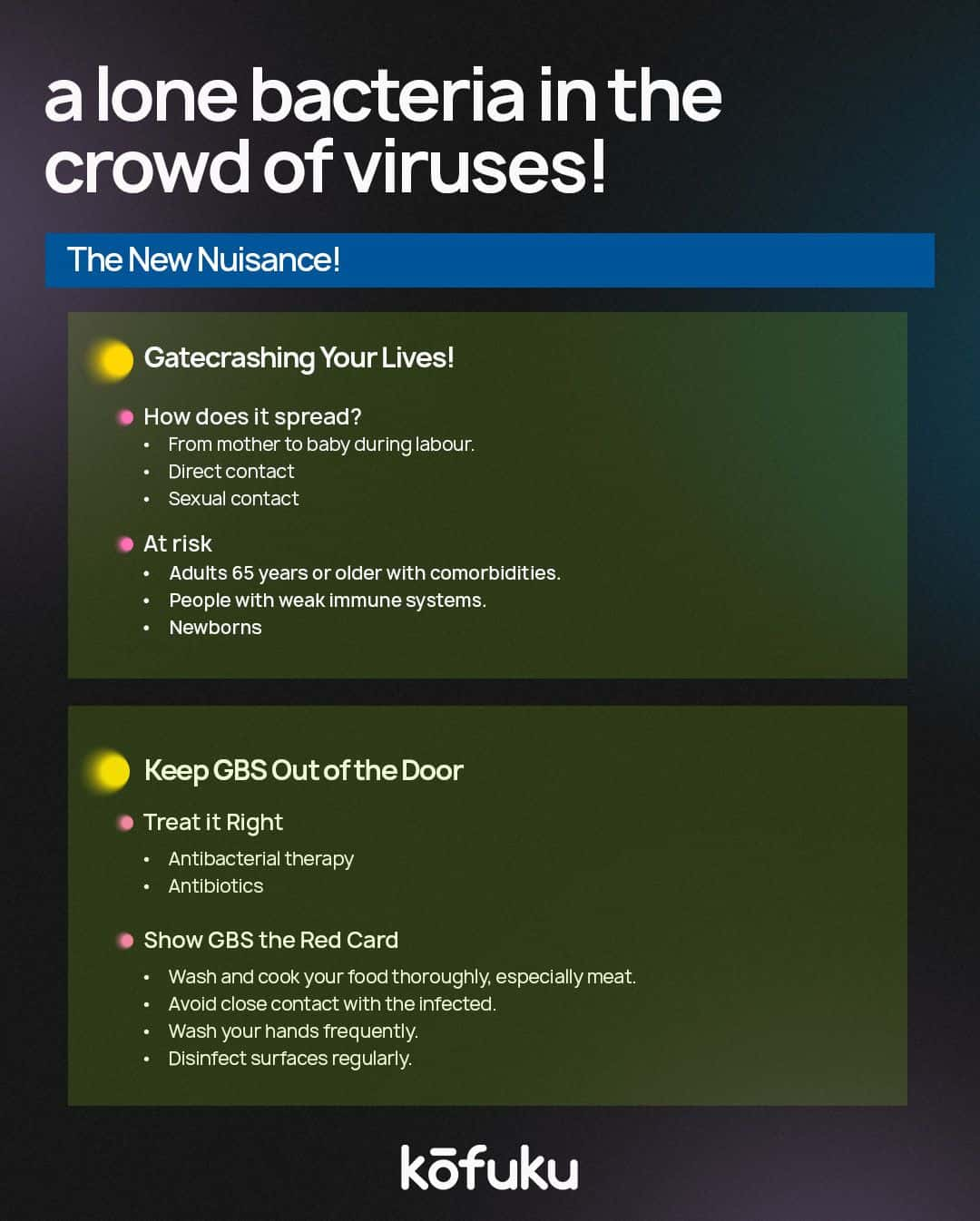Guillain-Barré Syndrome: Symptoms, Causes, Treatment

Introduction
If you have also been intently following the news, you would know that there is a Guillain-Barré Syndrome(GBS) outbreak in Pune, with 163 reported cases as of Monday.
Not just in Pune and not just now, Guillain-Barre Syndrome has been on the rise across the country in the past few weeks. Wait… don’t panic. It is not something new, and we are not going through another lockdown.
GBS has been around for more than a century now. In fact, even during the Pandemic, the UK saw a sudden surge in GBS cases. In 2023, Peru reported 200 cases of the same disease. So, one thing is for sure: it's nothing new. But does that make it any less dangerous? Well, no.
GBS is a complex disease that needs a lot of conditions to be met to spread. However, since it is spreading rapidly, you should know about it, right? That’s what I’ll do in this blog. So, let’s talk about it!
What is Guillain-Barré Syndrome?
Guillain-Barré Syndrome(GBS) is a rare neurological disorder in which the body’s immune system starts attacking the peripheral nervous system. The peripheral nervous system(PNS) carries signals from your brain and spinal cord to the rest of your body.
It controls all your senses and vital functions like your heartbeat, blood pressure and breathing. It also controls the signals that allow you to move your muscles. The syndrome affects the nerves that control your muscle movement and your senses, and you may have difficulty breathing.
GBS can be mild, ranging from weakness to a debilitating paralysis that does not even allow you to breathe on your own, which could be life-threatening.
What are the symptoms?
The first symptoms are usually weakness and tingling in the hands and feet. The symptoms can come up suddenly and quickly spread to the rest of your body. Let’s look at all of the symptoms-
-
Weakness
-
Tingling feeling in the hands or feet
-
Pain in the legs or back
-
Inability to move facial muscles, leading to drooping face and trouble speaking or swallowing
-
Problems with vision, inability to see clearly
-
Unsteadiness or problems with coordination
-
Problems with bladder control
-
Severe sharp shooting pain that gets worse at night
-
Difficulty breathing
The symptoms of GBS can progress quickly, and most people usually experience their weakest stage in the first two weeks of getting the first symptom.

What are the Causes of Guillain-Barré Syndrome?
While we still don’t know the exact cause of the Guillain-Barré Syndrome, researchers have found some factors that can lead to it. Usually, people who had some kind of an infection with a virus or bacteria later developed GBS. Let’s look at some of the causes that could trigger GBS-
-
GBS is commonly contracted a few days after a respiratory or digestive tract infection. Infection from the bacteria Campylobacter jejuni, which causes diarrhoea, is one of the most common triggers of GBS.
-
Viral infections include the flu or cytomegalovirus, Epstein-Barr virus, Zika virus, COVID-19, and other viruses.
-
Very rarely, surgery
Diagnosing Guillain-Barré Syndrome
If your healthcare professional suspects you to have Guillain-Barré Syndrome, you may have to undergo the following tests -
-
A lumbar puncture or spinal tap
-
Electromyography(EMG)
-
Nerve Conduction Velocity test (NCV)
-
Imaging tests like an MRI of the spinal cord or brain
Treatment for GBS
Unfortunately, there is no known cure for Guillain-Barré Syndrome, but there are treatments available that can help with the symptoms and may even ensure a faster recovery.
Since GBS is an autoimmune disorder, the main treatment is usually immunotherapy, which stops the immune system from attacking the nervous system. You will have to opt for either one of the two options -
Plasma Exchange (plasmapheresis)
This treatment involves separating the plasma from your blood cells, treating it and then returning the blood to the body. This works by filtering out the bad antibodies in the plasma that are attacking the nerves.
Intravenous Immunoglobulin Therapy(IVIG)
In this treatment, injections of immunoglobulins, which are proteins that are naturally made by your immune system, are registered. The immunoglobulins are made from a pool of healthy donors, which can lessen the immune system’s attack on your nerves.

Conclusion
Guillain-Barré Syndrome is a rare but serious condition that could affect anyone. But it is, fortunately, not a chronic disorder and can get better. It falls on us to not downplay our symptoms and see our doctor when we feel something is wrong. Also, know why a certain test or procedure is recommended and always ask if your condition can be treated in any other way.
FAQs
Q. Who is typically at risk for GBS?
A. GBS can happen to anyone at any age, but it mainly affects people between the ages of 30 and 50.
Q. How common is GBS?
A. GBS is quite rare. Only about 100,000 people each year are diagnosed with GBS, which means roughly around one in 78,000 people every year.
Q. How long does rehabilitation take?
A. Rehabilitation after GBS may take some time, and you may have to undergo physical therapy.
Q. What are the complications of GBS?
A. Guillain-Barré Syndrome (GBS) can lead to respiratory failure, autonomic dysfunction (irregular heart rate, blood pressure issues), muscle weakness, paralysis, deep vein thrombosis, chronic pain, sensory problems, bladder and bowel dysfunction, pressure ulcers, fatigue, and prolonged recovery. In some cases, GBS may relapse or progress to chronic inflammatory demyelinating polyneuropathy (CIDP).
Q. Can I do anything to prevent GBS?
A. Mostly, GBS is not preventable. But try to maintain good hygiene, wash your hands often, eat healthy and exercise to help strengthen your immune system and stay away from people who have the flu or other infections.
Q. Does GBS go away?
A. Yes. Most people have a full recovery. However, recovery can be slow and can take anywhere from a few weeks to a few years.




